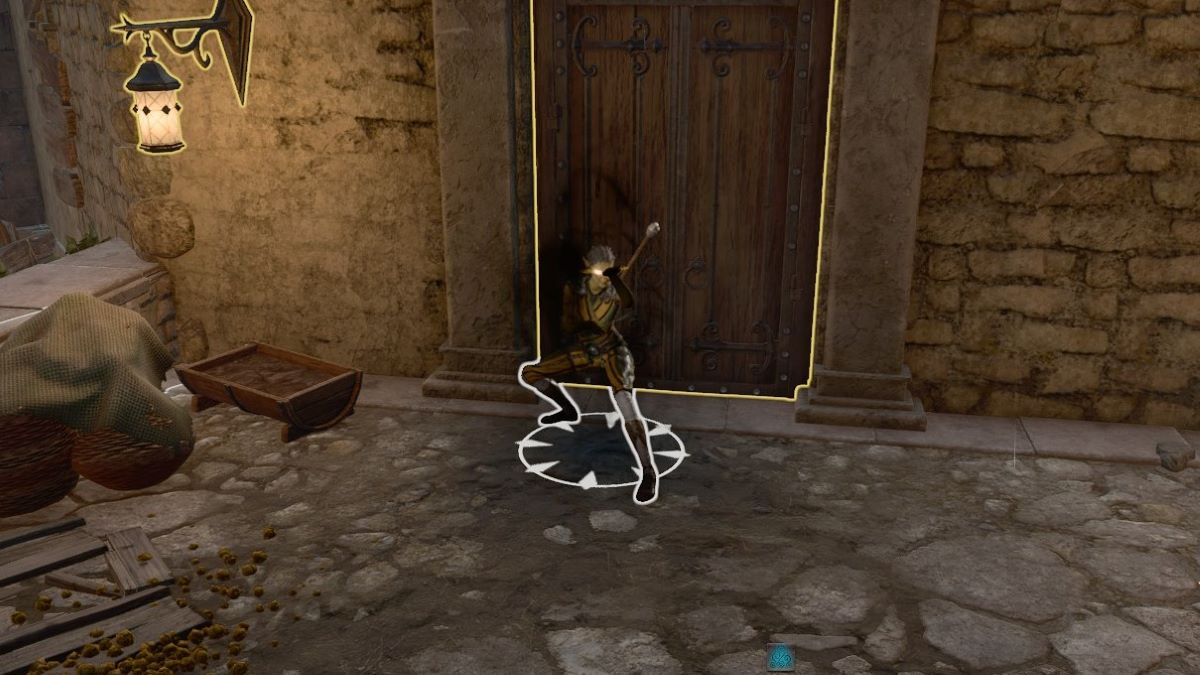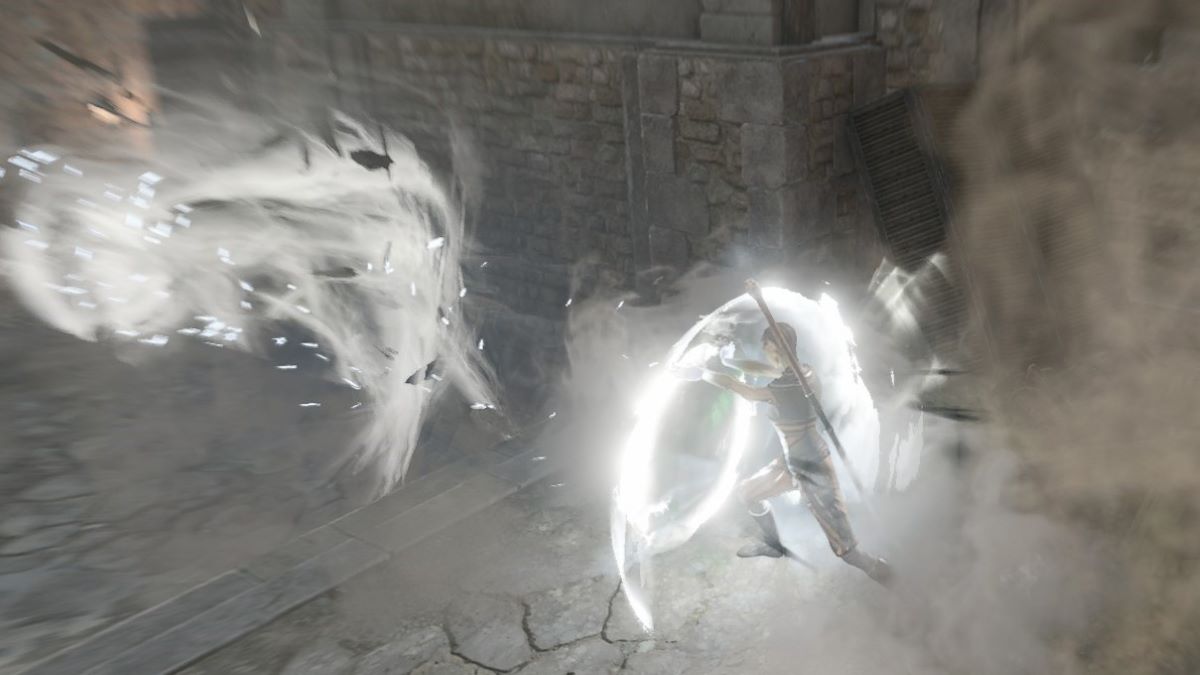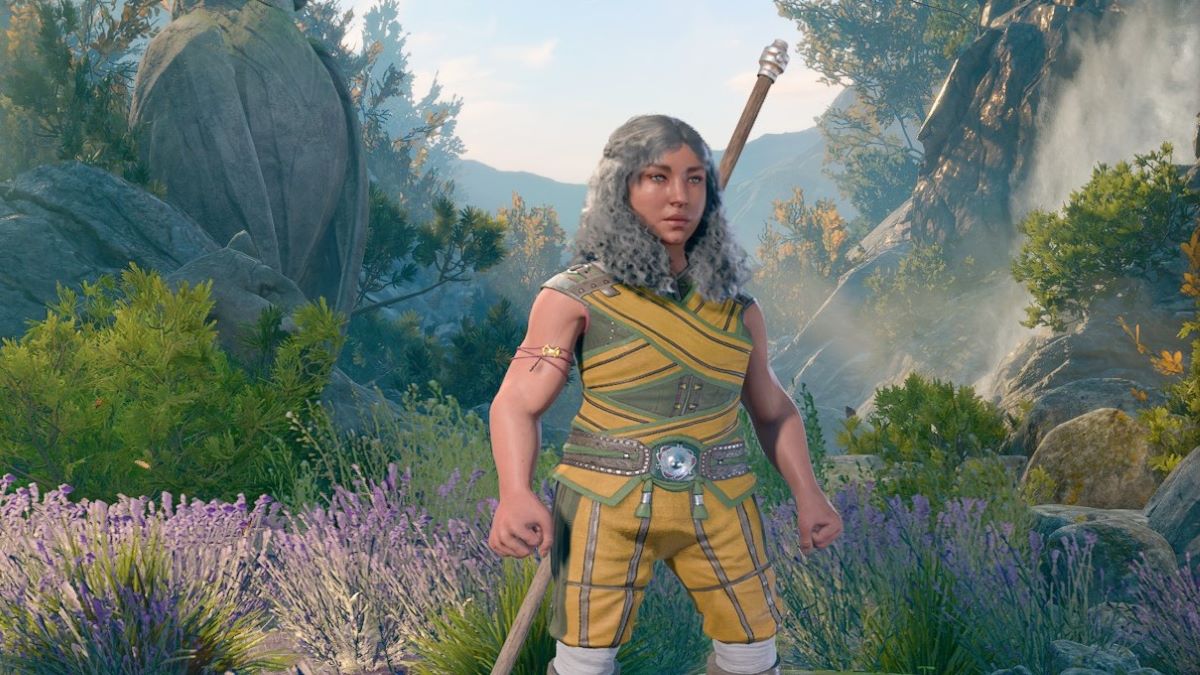By channeling their ki, monks combine spellcasting and melee abilities in a way few other classes do. They’re versatile party members, but that means you need to have a good idea of where you’re going when you start a monk build.
Almost more than any other class, a monk’s subclass will affect their playstyle. Monks can be rapid damage dealers, stealthy assassins, or crowd controlling spellcasters. In general, Way of the Open Hand monks are going to be the most approachable, but there really is no single subclass that’s always better than the others.
The secret to playing a strong monk is knowing exactly what your party needs. Choose the right role, and your monk will feel like a powerhouse that boosts your party’s performance every single turn. Make the wrong decision, and your monk will feel like dead weight that needs to be carried by the other characters. Luckily it only takes a little bit of forethought to know which path you should take.

Way of the Open Hand
This is the subclass that’s easiest to recommend. Way of the Open Hand monks are going to have an easier time dishing out heavy damage than their brethren. When you first take the subclass, your abilities might seem lackluster. At level three, you’ll be able to modify Flurry of Blows to make it topple, stagger, or push enemies. From there your power will increase dramatically.
At level six you’ll gain toggleable abilities that let your monk add necrotic, psychic, or radiant damage to every one of their unarmed strikes. You’ll also gain Wholeness of Body, allowing your monk to restore their ki points mid-battle and gain extra bonus actions at the same time.
If your party could use one more martial master, then you should definitely choose Way of the Open Hand for your monk By the time you reach level 9, you’ll be able to explode the ki within your enemies, in addition to smashing them with souped up unarmed strikes multiple times per turn. In terms of pure damage output, this is easily the best monk subclass.

Way of Shadow
As you can probably tell from the name, Way of Shadow monks are basically ninjas. They’re able to hide as a bonus action, spend ki to cast Pass Without Trace, and just generally sneak around the battlefield. If you already have a strong rogue like Astarion in your party, this might be a subclass to avoid. Otherwise, it can be extremely useful.
At levels 5 and 6, Way of Shadow monks unlock Cloak of Shadows and Shadow Step. The first lets you become invisible as an action, so you can slink around avoiding attacks or striking once with advantage. The second lets you teleport through the shadows as a bonus action and gives you advantage on your next attack. At level eleven you’ll be able to take that teleporting attack a step further with your Shadow Strike abilities.
Outside of combat, Way of Shadow monks are great at stealthing through areas. When a fight breaks out, they generally want to stick to the shadows. They’ll teleport behind an enemy for a quick Flurry of Blows, and then hide and get away to do it all over again. It’s a very specific playstyle, but it can be powerful when handled right.

Way of the Four Elements
It might not be fair to say that Way of the Four Elements is the worst monk subclass, but it’s definitely the most niche. At level three these monks choose from a suite of spells that focus on crowd control and dealing elemental damage. Unfortunately, at level three monks only have four ki points. That means casting a max of four spells per short rest. Helpfully, Way of the Four Elements also grants Harmony of Fire and Water, which can be used – outside of combat only – once per long rest to restore half your total ki points.
This subclass can take a while to fully come online. As you level up, you’ll get more ki points, but you’ll also unlock more powerful spells that are resource intensive. Being able to cast Hold Person or even Fireball as a monk is really cool. That said, needing to carefully balance resources won’t appeal to everyone.
Ultimately, if you have another spellcaster in your party, choosing Way of the Four Elements will end up feeling redundant. Your monk won’t necessarily do anything better than a wizard would, and Gale is right there. But if your party is wanting for magic, and if crowd controlling enemies into danger and off of cliffs appeals to you, Way of the Four Elements might serve a purpose.


